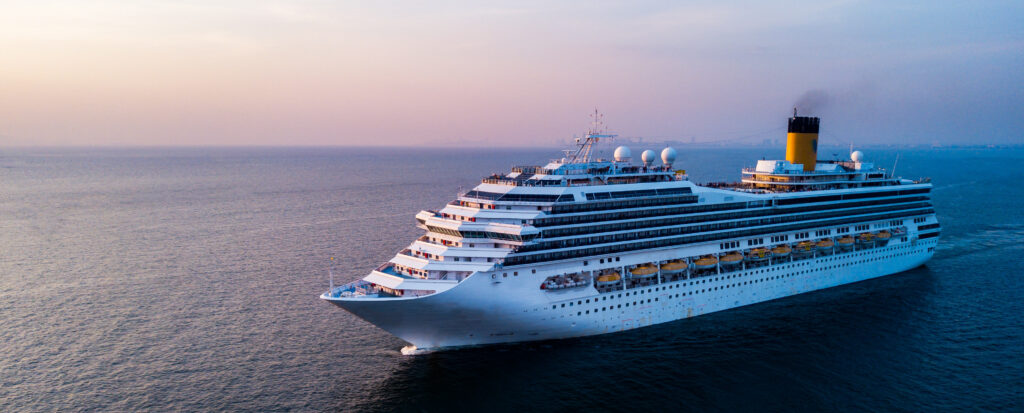
Engine compensators: essential for vessel performance
What is an engine compensator – and why your vessel needs one
Marine engine systems are complex, and their reliability is vital for safe and efficient vessel operations. Among the many components ensuring optimal performance, the engine compensator plays a critical – yet often overlooked – role. But what exactly does an engine compensator do, and why is it essential for today’s ships and offshore installations?
Understanding the engine compensator
An engine compensator is a mechanical device engineered to absorb and balance torsional vibrations and torque fluctuations within a ship’s propulsion system. Modern marine engines, especially those running on variable loads and different fuel types, generate dynamic stresses. These can transmit as vibrations throughout the drivetrain, leading to premature wear, reduced efficiency, and potential system failures.
Engine compensators are typically fitted between the engine and the gearbox or generator. Their primary purpose is to:
- Dampen torsional vibrations from the engine
- Reduce noise and stress
- Help maintain peak efficiency and safety
Why your vessel needs an engine compensator
Vessels today face stricter operational and environmental requirements. Effective vibration management is not just about comfort – it is a direct contributor to component longevity, fuel economy, and regulatory compliance.
Key benefits of installing an engine compensator include:
- Increased system lifespan: By absorbing harmful vibrations, compensators extend the life of critical engine and propulsion parts, reducing maintenance frequency and costs.
- Compliance with industry standards: Reducing noise and vibration helps owners meet marine class and IMO MARPOL regulations for onboard working environments.
- Enhanced performance: Stable operations minimise energy loss, improving the overall efficiency and reliability of your engine system.
Conclusion
Engine compensators are more than an optional extra – they are a vital component for any vessel looking to optimise performance and safeguard critical equipment from damaging torsional forces. To find out more about creating an efficient, compliant engine room environment for your vessel, contact G&O Compensators today.